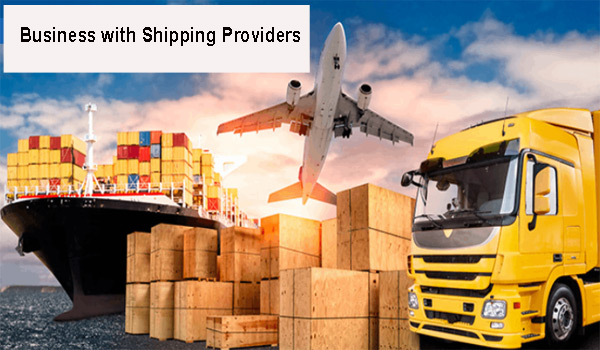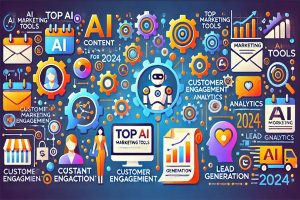
In the rapidly evolving digital landscape, technology has become a cornerstone in transforming how businesses interact with leading shipping providers. This seamless integration is revolutionizing the logistics and supply chain management industry, enabling a more efficient, reliable, and transparent process of getting products from manufacturers to consumers. Here, we’ll discuss the various facets of this integration, including the use of Application Programming Interfaces (APIs), cloud computing, Internet of Things (IoT) devices, blockchain technology, and Artificial Intelligence (AI), demonstrating how these technological advancements are connecting businesses with top-tier shipping providers.
Application Programming Interfaces (APIs)
APIs have been pivotal in bridging the gap between businesses and shipping providers. These software intermediaries allow different systems to communicate with each other, enabling businesses to access real-time shipping rates, track shipments, and manage logistics operations directly from their platforms. For instance, an e-commerce platform can integrate with the APIs of FedEx or UPS, allowing the platform to offer live shipping rates to customers at checkout, based on their location and the weight of the items. This integration simplifies the shipping process, enhances customer experience, and streamlines operations.
Cloud Computing
Cloud computing has democratized access to powerful computing resources, enabling businesses of all sizes to leverage sophisticated logistics management tools. These cloud-based platforms offer integrated solutions that connect businesses with multiple shipping providers, allowing them to compare rates, schedule pickups, and manage shipments from a single dashboard. The scalability of cloud services means that companies can adjust their logistics operations in real-time based on fluctuating demand, without the need for significant upfront investment in IT infrastructure. This accessibility is a hallmark of the best online transport marketplace, ensuring businesses have the flexibility and resources to meet their shipping needs.
Internet of Things (IoT)
IoT devices are transforming the logistics industry by providing unprecedented visibility into the supply chain. These devices, such as GPS trackers and temperature monitors, can be attached to shipments, offering real-time data on their location and condition. This information is invaluable for businesses that require stringent control over their products, such as pharmaceuticals or perishable goods. By integrating IoT data with shipping providers’ systems, businesses can proactively manage their shipments, reduce the risk of loss or damage, and improve overall supply chain efficiency.
Blockchain Technology
Blockchain technology offers a secure and transparent way to track shipments across the global supply chain. By recording every transaction on a decentralized ledger, blockchain ensures that every stakeholder in the supply chain, from manufacturers to consumers, has access to the same information. This transparency helps in reducing fraud, streamlining customs clearance, and enhancing trust between businesses and shipping providers. Companies like Maersk and IBM are already exploring blockchain solutions to improve the efficiency of global trade.
Artificial Intelligence (AI)
AI is playing a crucial role in optimizing logistics operations, from predictive analytics for demand forecasting to intelligent routing algorithms that determine the most efficient shipping routes. AI can also assist in automating customer service inquiries related to shipping, providing instant updates to customers about the status of their orders. By analyzing vast amounts of data, AI technologies can identify patterns and insights that help businesses make informed decisions, reduce costs, and improve service levels.
Integration Challenges and Solutions
Despite the benefits, integrating technology with shipping providers poses challenges, including data security, system compatibility, and the need for skilled personnel to manage these technologies. Businesses must prioritize cybersecurity to protect sensitive information. Additionally, adopting standards for data exchange can alleviate compatibility issues. To address the skills gap, companies are increasingly investing in training and development programs for their staff.
Future Perspectives
As technology continues to evolve, we can expect deeper integration between businesses and shipping providers, driven by advancements in 5G connectivity, quantum computing, and machine learning. These technologies will further enhance the speed, efficiency, and reliability of shipping services, enabling businesses to meet the growing demands of global trade.
Conclusion
The synergy between technology and logistics is paving the way for a more connected and efficient global supply chain. By leveraging APIs, cloud computing, IoT, blockchain, and AI, businesses are not only enhancing their operations but also offering a better service to their customers. As we move forward, the continued innovation and integration of these technologies will undoubtedly shape the future of shipping and logistics, making it more agile, transparent, and responsive to the needs of the global market.
Follow – https://techhipo.com for More Updates


